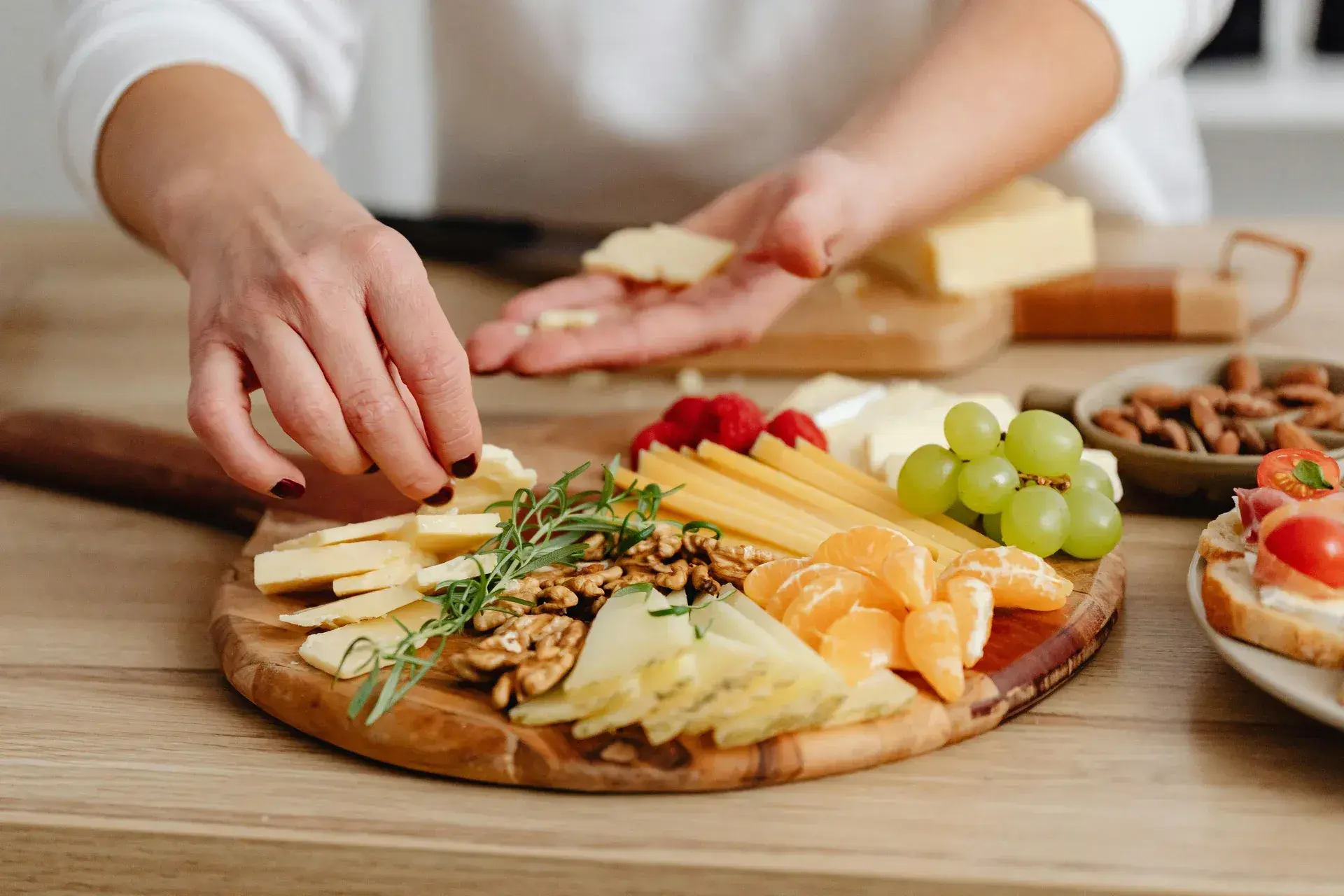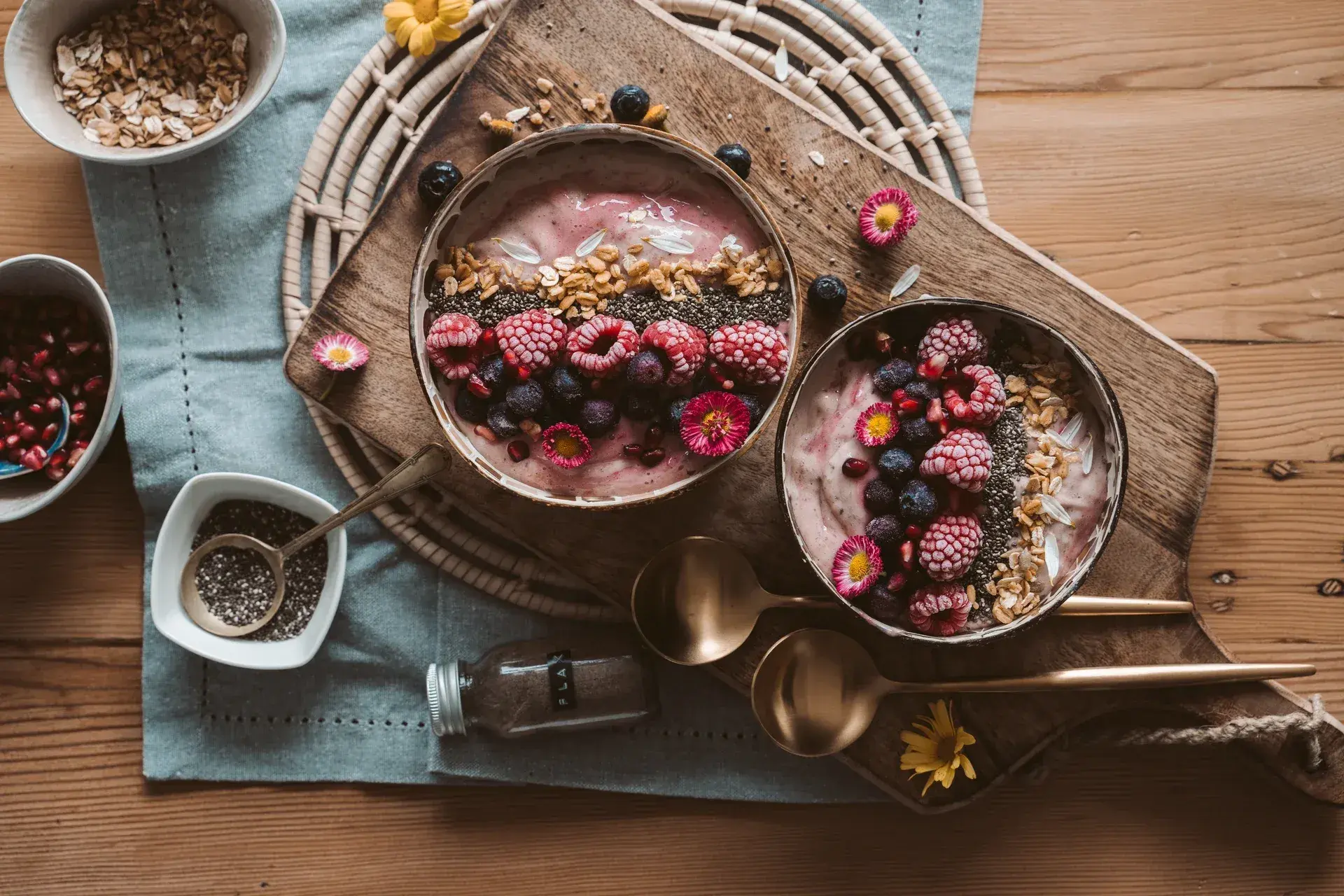5 myths about healthy eating
Some eating habits are similar to annoying relatives: they have just come to eat, and already feel like masters of the house. No matter, we grew up with these beliefs or read them out in a fashion nutritionist’s book. A metropolitan resident has too little time to think seriously about the truth of some of the myths about healthy eating. Today we focus on 5 myths about nutrition that are worth debunking and leaving in the past.
Myth #1: Snacks are harmful
Snacks are not harmful if you do it consciously. All the harm to the figure and digestion in the snacks is that the person eats automatically, without considering the caloric value and usefulness of the product and not considering it as food at all. For example, you feel a slight hunger and decide to have a snack. If you want something like cookies, cheese, chocolate, etc., then such a snack will not do any good for the body and figure. If, however, when you are hungry, you choose a useful low-calorie snack (a glass of yoghurt or savoury yoghurt with bran, fruit, etc.) – you will only have benefit.
Myth #2: Fats are harmful
We are used to thinking that all the fat you eat turns into fat. The long tradition of losing weight requires eliminating fats or reducing their intake to a minimum. But fat consumption does not make us overweight. Moreover, the rejection of fat is dangerous to health. First of all, we need the unsaturated fatty acids omega-3 and omega-6. Saturated fatty acids are also not dangerous, and the claim that it causes the cardiovascular disease is a myth. Only trans fats, which are formed during the hydrogenation of unsaturated fats, are harmful to health. However, a small number of it will not hurt.
Myth #3: fasting days are a good way to get in shape
The human body is programmed to survive, so we feel hungry. It’s a defence mechanism. We need a minimum amount of energy to function properly (breathe, see, perceive and process information, etc.). For all this is not enough one glass of kefir per day, on average we should consume 1200 kcal. This number is not accidental, it was estimated that a diet of less than 1200 kcal can not provide the body with the required amount of substances. We do not spend all day lying on the couch. Our daily tasks require great effort and, as a result, energy. Lack of food at the right time leads, first, to a violation of metabolism, and, secondly, to overeating. The body will “stock up” and require more to survive the next starvation. However, this does not mean that eating should not be restricted. Scientific studies show that limiting daily calorie by 15-30% (without causing malnutrition), can improve health and even prolong life.
Myth #4: You shouldn’t eat after 6 pm
This myth has existed for a very long time and is quite successful. If you go to bed before the end of the digestive process (and usually happens), food that has not been digested, “hangs” in the stomach or certain parts of the intestine. And in the morning there is a poor state of health, fatigue, malaise. In other words, at night the body feels intoxicated.
That is why the last meal should be 3 hours before bedtime. It is necessary to take into account the biorhythms of the person.

In particular, the “do not eat after 6 pm” option is best suited to people who go to bed early and get up early. For them, dinner at six is perfect, because at ten they are already in bed. And what “owls” should do? If they go to bed after midnight, respectively, the last meal is possible even at 9-10 pm. It is important not to go to bed on a full belly or eat heavy food in the evening.
Myth #5: Negative calories
The fact that a person spends more energy on digesting food, such as celery than its calorie content is simply a myth and nothing more. The truth is that even in a large stalk of this vegetable contains only 10 calories, but our body, for chewing and digesting celery, does not spend one-fifth of this amount. Rather, these types of products contain a large amount of water, which means that filling the stomach can lead to a rapid feeling of saturation.









